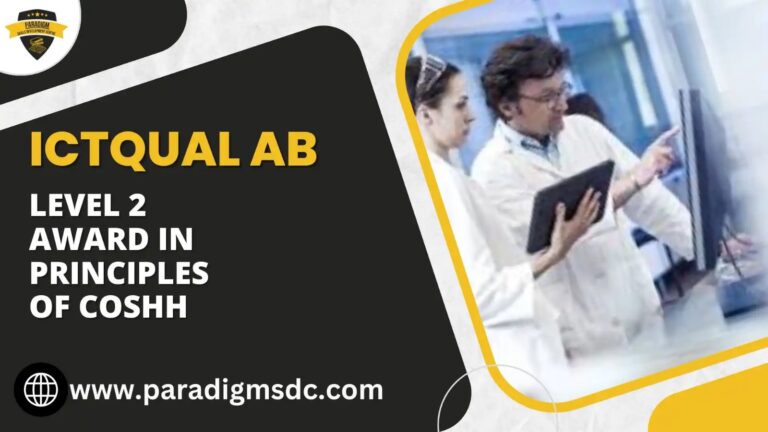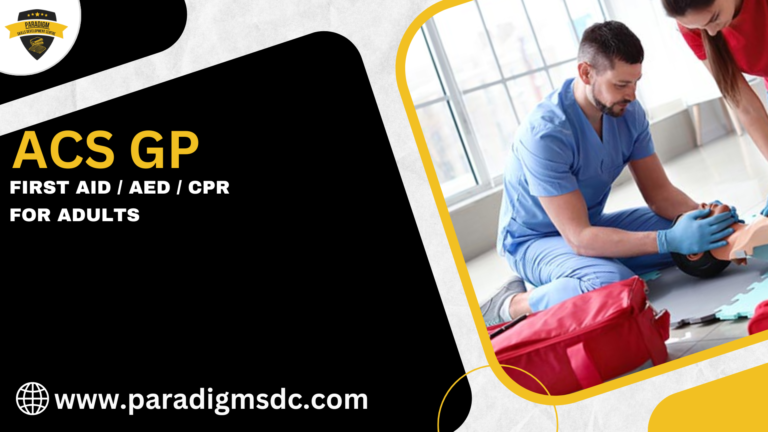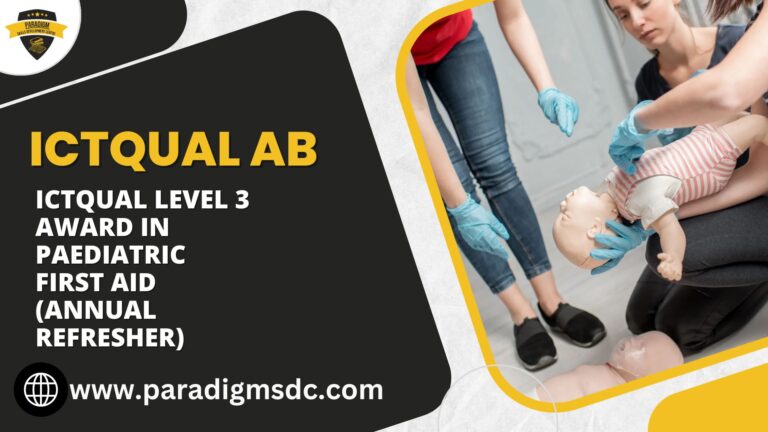Course Introduction
The ISO 9001:2015 QMS Lead Auditor course is a comprehensive training program that prepares participants to conduct, manage, and lead audits of Quality Management Systems. The course covers the principles and practices of auditing, providing a thorough understanding of ISO 9001:2015 standards. Participants will learn how to assess the effectiveness of a QMS, identify areas for improvement, and ensure compliance with ISO requirements.
Course Overview
This course spans over five days, combining theoretical knowledge with practical exercises to ensure a deep understanding of the auditing process. The program includes lectures, discussions, case studies, and hands-on audit simulations. By the end of the course, participants will have the confidence and competence to conduct audits independently and lead audit teams.
Course Study Units
- Introduction to Quality Management Systems (QMS)
- ISO 9001:2015 Requirements
- Auditing Principles and Techniques
- Audit Process and Methodology
- Audit Documentation and Reporting
- Nonconformity Management and Corrective Action
- Audit Team Leadership and Management
- Continuous Improvement and Best Practices
Learning Outcomes
Upon completion of the course, participants will be able to:
- Introduction to Quality Management Systems (QMS):
- Understand the fundamental principles of quality management systems.
- Explain the purpose and benefits of implementing a QMS.
- Describe the key elements of the ISO 9001:2015 standard.
- ISO 9001:2015 Requirements:
- Interpret and apply the requirements of the ISO 9001:2015 standard.
- Identify the clauses and sub-clauses of ISO 9001:2015 and their significance.
- Evaluate an organization’s compliance with ISO 9001:2015 requirements.
- Auditing Principles and Techniques:
- Define the principles of auditing, including independence, integrity, and confidentiality.
- Apply auditing techniques such as sampling, observation, and interviews.
- Demonstrate knowledge of risk-based auditing approaches.
- Audit Process and Methodology:
- Plan and organize an audit according to ISO 19011 guidelines.
- Conduct audits effectively, including opening meetings, collecting evidence, and closing meetings.
- Develop audit checklists and schedules to ensure comprehensive coverage.
- Audit Documentation and Reporting:
- Create accurate and concise audit reports.
- Document audit findings, including nonconformities and opportunities for improvement.
- Communicate audit results effectively to stakeholders.
- Nonconformity Management and Corrective Action:
- Identify nonconformities during audits and classify them appropriately.
- Conduct root cause analysis to determine the underlying causes of nonconformities.
- Develop and implement corrective and preventive action plans to address nonconformities and prevent recurrence.
- Audit Team Leadership and Management:
- Lead and manage audit teams effectively, ensuring clear roles and responsibilities.
- Resolve conflicts and manage challenging audit situations professionally.
- Foster a positive team culture focused on collaboration and continuous improvement.
- Continuous Improvement and Best Practices:
- Implement strategies to promote continuous improvement within organizations.
- Identify best practices for maintaining and enhancing the effectiveness of QMS based on ISO 9001:2015.
- Apply lessons learned from real-world audit experiences to drive organizational improvement.
Course Benefits
- Enhanced Career Prospects: Becoming a certified lead auditor opens up new career opportunities in quality management and auditing.
- Improved Organizational Performance: By conducting effective audits, lead auditors help organizations improve their processes and achieve higher standards of quality.
- Professional Recognition: Certification as an ISO 9001:2015 QMS Lead Auditor is a mark of professional competence and credibility.
- Practical Skills: Participants gain hands-on experience through practical exercises, making them job-ready upon completion.
Who is this Course For?
This course is ideal for:
- Quality managers and professionals
- Auditors seeking to enhance their skills
- Individuals responsible for implementing and maintaining a QMS
- Consultants and quality management practitioners
- Those aiming to become ISO 9001:2015 certified lead auditors
Future Progression
After completing the ISO 9001:2015 QMS Lead Auditor course, participants can pursue further qualifications and certifications to enhance their expertise, such as:
- ISO 14001 Lead Auditor: Focused on Environmental Management Systems
- ISO 45001 Lead Auditor: Specializing in Occupational Health and Safety Management Systems
- Advanced Quality Management Certifications: For deeper specialization in quality management
- Continuous Professional Development (CPD): To stay updated with the latest standards and practices in quality management
By investing in the ISO 9001:2015 QMS Lead Auditor course, professionals can significantly contribute to the success and growth of their organizations, ensuring that quality remains at the forefront of their operations.
Embark on your journey to becoming a certified ISO 9001:2015 QMS Lead Auditor and take a pivotal step towards excellence in quality management.







